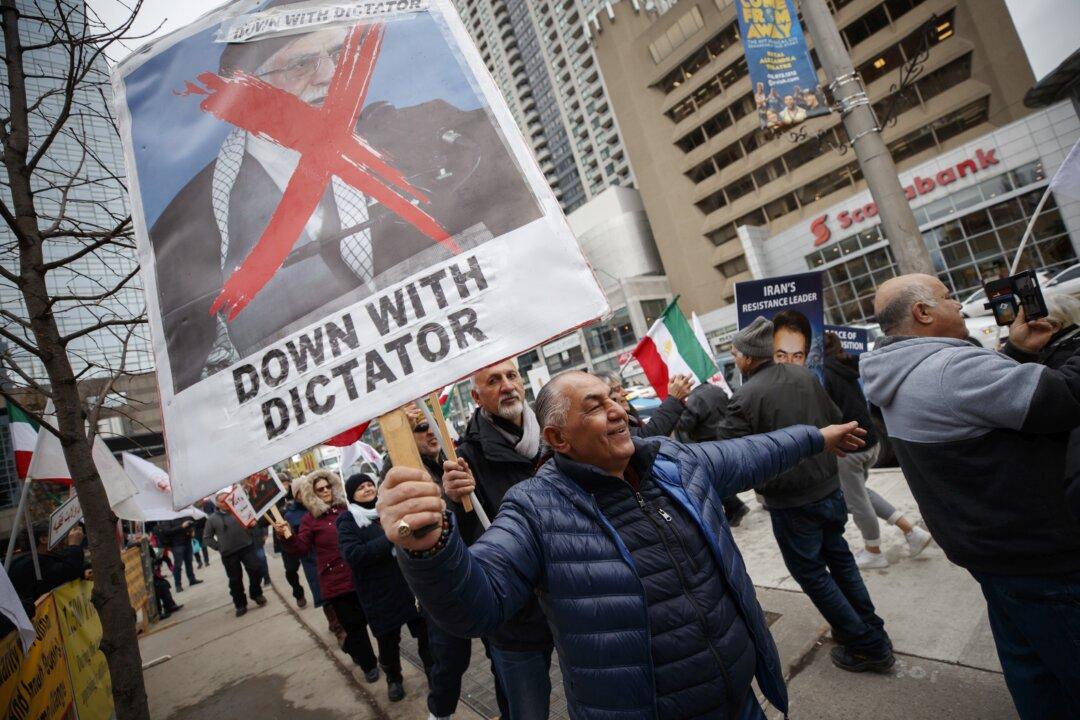The killing of a top Iranian general by a U.S. airstrike has reignited debate over Canada’s engagement with Iran and renewed calls to designate the Islamic Revolutionary Guard Corps as a terrorist organization.
Qasem Soleimani, leader of Iran’s Quds Force, was killed by a missile fired at his convoy as it left Baghdad airport in Iraq on Jan. 2. His death has elevated tensions in the Middle East and prompted threats of retaliation from Iran.





